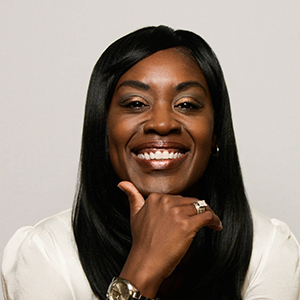Being Black in the ivory tower
When the video of George Floyd’s killing first surfaced, my heart sank, and I immediately tuned out. As the mother of an African American male, I simply could not watch because it was too emotional. Every time a Black male dies at the hands of a police officer or vigilante, a wound opens, and it feels like it is happening directly to me.
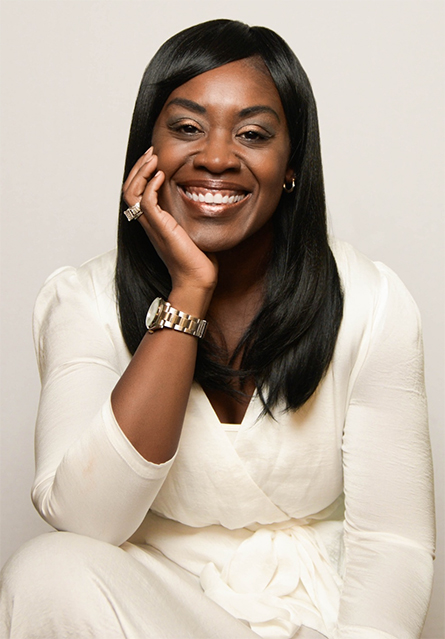
There is a part of me that has not recovered from my own trauma two years ago, when my 14-year-old son was the victim of a shooting incident. Whenever a child utters “Mom,” every mother within earshot turns toward that voice. A mother knows the cry of her child, especially when that child is in distress. When I was finally able to watch the video, I saw that George Floyd in his last moments cried for his mother, and I had an anxiety attack. In that moment, I understood those words, “I can’t breathe.”
I was able to relate to George Floyd because, like him, my son, Kailand, is also a gentle giant. Fortunately for me, my son survived his attacker’s pursuit, and I was able to hug him again. However, that doesn’t take away the trauma that my son and I experienced. The events that followed the shooting involving my son taught us many lessons about who we were and how the justice system views Black males.
Kailand was spending the summer of 2018 with my mother in Wisconsin. He and a 12-year-old friend were out taking a walk when a woman fired her gun at them from the other side of her fence. The children were not trespassing and had done nothing wrong, and when they heard the shots, they ran. The woman moved from behind the fence, walked into the middle of the street and continued to shoot at them.
After my mother called me, I went to teach my biochemistry class, because I was committed and didn’t want to let my students down. However, I struggled to teach effectively. My mind was in turmoil because I could do nothing to help my son. I needed to see with my own eyes that Kailand and his friend were OK. I told my students what had happened to my son and immediately booked a flight, not bothering to inform my department, until I was settled, that I was on my way to Wisconsin.
After my son and his friend endured the trauma of having bullets fired at them, the police doubted their account of what had happened despite multiple witnesses, bullet casings and an immediate 911 call from a passerby. Ultimately, the police arrested the woman who shot at them. My son and his friend identified her in a lineup, and she was jailed for four months, pending trial.
I went through the proper channels so the district attorney and the judge would know that we took the situation seriously and that the mother of the other child and I wanted justice for our children. We attended every pre-trial court date; my son and I had to travel frequently from Texas to Wisconsin, using personal funds, while my son missed about 20 days of school over several months.
The shooter was a convicted felon with a long history of breaking the law, but the judge granted her an obtainable bail amount. The district attorney pleaded unsuccessfully that the bail needed to be higher because the shooter had the resources to make the bail. To add insult to injury, the judge returned a portion of the bail money to the shooter, because she wanted to have a nice Christmas with her children. My son and I were not able to spend the holidays with our family, because we had spent our resources traveling to court.
The woman who shot at my son died before the case went to trial, the victim of a terrible act of domestic violence. I was devastated for her family but still outraged at the disparities in the way the police and court treated my son and his friend.
In the eyes of the judicial system, my son — this sweet honor roll student who attended an elite STEM academy at his school, who had never been in trouble — was still a Black boy who didn’t deserve justice. The systemic racism that has plagued this country from its inception made us feel invisible. This is the message that our country sends to Black America all too often. We felt tired and defeated. As his mother, I could do nothing to comfort Kailand, and he lost some of his innocence in the harsh reality of how dismissive the legal system was of him. The entire experience, from being shot at to his treatment by the police and the judge, taught him that his Black life did not matter.
The story of George Floyd is all too familiar — we have seen these stories play out time and time again in this country. Trayvon Martin was a 17-year-old boy who was murdered when he went to the store for Skittles and a drink; Tamir Rice was a 12-year-old boy who was killed by police while playing with an Airsoft gun but viewed as a threat. The Central Park Five were innocent boys framed for a rape and denied access to proper counsel, which sealed their fate for many years. These are only a few of the many stories.
In conversations with Black friends and relatives, we all wonder the same thing: At what point did our Black children lose their humanity, their right to justice and their right to live? When do our children start looking like suspects, compelled to prove that they did nothing wrong, rather than being innocent until proven guilty?
In 2020, Black Americans continue to live in fear. Every time a death occurs at the hands of a police officer, we are reminded that our lives do not count.
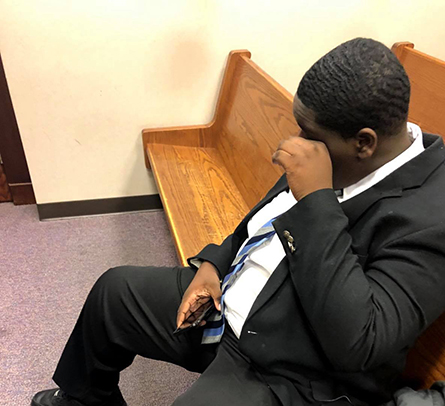
I am a proud American citizen. I am a scientist. I take pride in my research and in championing underrepresented students through my work on the American Society for Biochemistry and Molecular Biology’s Minority Affairs Committee, as director of the Louis Stokes Alliance for Minority Participation Bridge to the Doctorate program, and as organizer of the College of Science Black Graduate Student Association through my home institution. However, despite my doctoral degree, my credentials and my status as a tenured professor, I am still an African American woman with a Black son, and neither of us is given the benefit of the doubt at school, at work or within the justice system.
Just last year, when I tried to enter our new state-of-the-art research building with several students from my large biochemistry course, a university police officer stopped me and would not allow me to access my office and laboratory until I provided credentials that showed that I belonged there. After I produced my identification and swiped myself and students in, the officer proceeded to lecture me in order to justify his actions. My response to him was, “I have students who need my assistance. Now that you have done your job, I need to do mine. Please excuse me.” I simply walked away. I didn’t want to engage. Initially, I didn’t say anything to my students about what they had witnessed. However, I noticed that the Black students treated the incident as normal and had no reaction. Other students were emotional and needed a moment to discuss what had happened. They were shocked and appalled. Although the experience was demeaning and diminished my authority in front of my students, my goal was to be diplomatic and comfort them with my words. Here is the message I shared with them:
One of the things I love most about being a university STEM professor is that I don’t fit the typical profile. I am always happy to teach the larger undergraduate classes, because I get to break the perceived stereotypes. However, this doesn’t change how I am viewed by people who don’t know me. That’s the downside.
As an African American professor in STEM and higher education, I am never surprised at the institutional bias that rears its ugly head in the treatment of underrepresented students, staff and colleagues. When we experience the isolation, dismissive tones, microaggressions, and implicit and explicit biases, it is akin to a thousand cuts that slowly lead to our demise.
Women of color are often undervalued, subjected to negative evaluations, overlooked for promotions, overmentored in the most ineffective way, undersponsored and rarely given opportunities to have a seat at the table, because our voices do not count.
These are only a few of the ways that the higher education system has failed us.
I have seen countless examples of women of color who have left academia due to the inequalities that disproportionally affect us. Everyone suffers when a person of color leaves academia due to racism, inequalities or marginalization, because a lifetime of productivity, scholarly contributions, discoveries and student mentoring is lost when that individual exits.
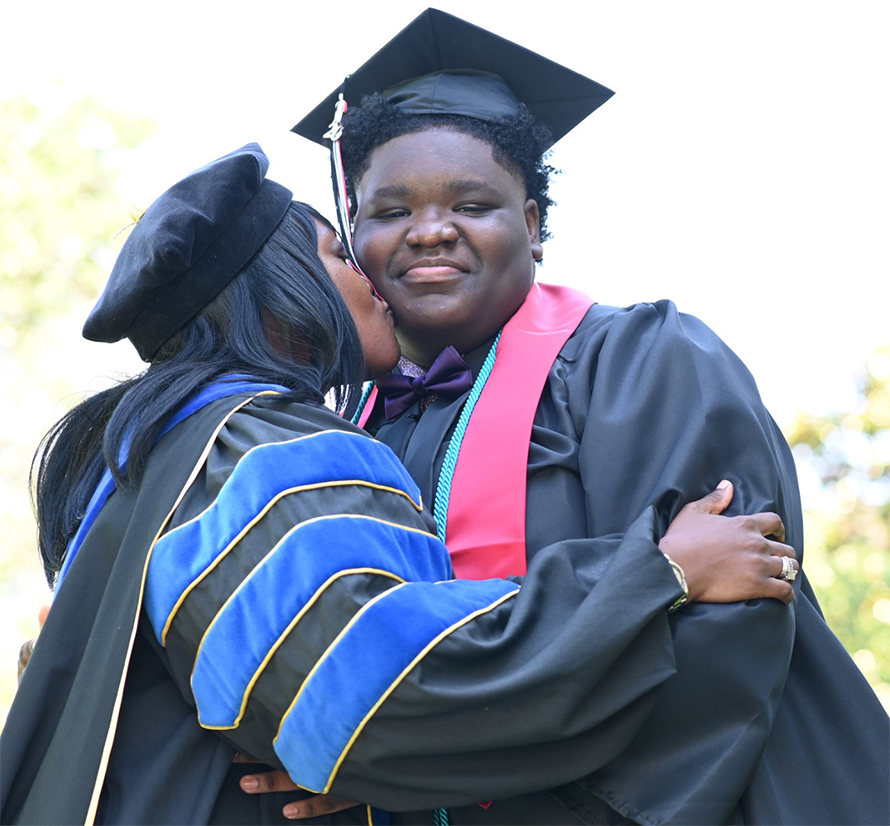
Our country is at a crossroad. We must reckon with inequalities that exist in the justice system, health care and education. We need to have a conversation about the fact that not all of us are afforded the same privilege.
Although I give back and raise my son to be a good and productive citizen, I constantly fear for his safety because of how other people may perceive him. I have to tell him that if he is making someone feel uncomfortable, he needs to go the other way or fall back. It isn’t fair that he has to apologize through his body language or his mere presence because of someone else’s bias.
We all need to reflect on what is happening in our country and determine our individual roles, and then we need to act to combat injustices and inequality. We must have a conversation about being white and white privilege. We must understand the toxic world that Blacks, especially Black men, live in every day. White people must use their privilege to expose the gross disparities that exist in the education system, health care and criminal justice.
We need a major paradigm shift to heal the racial divide in this country. We must all vow to be change agents, even when we recognize that doing so involves risk. Silence is not an option. We need your voice.
“The only thing necessary for the triumph of evil is for good men to do nothing.”
— Edmund Burke
Enjoy reading ASBMB Today?
Become a member to receive the print edition monthly and the digital edition weekly.
Learn moreGet the latest from ASBMB Today
Enter your email address, and we’ll send you a weekly email with recent articles, interviews and more.
Latest in Opinions
Opinions highlights or most popular articles

Let’s make ASBMB awardees look more like BMB scientists
Think about nominating someone outside your immediate network.
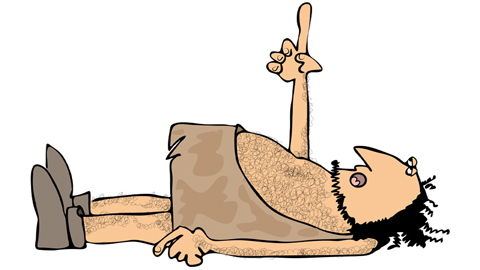
A paleolithic peer review
You might think review panels have only been around for the last century or so. You would be mistaken.
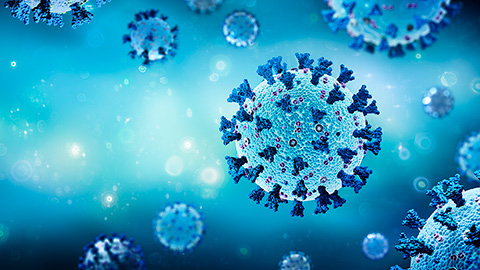
Early COVID-19 research is riddled with poor methods and low-quality results
The pandemic worsened, but didn’t create, this problem for science.

So, you went to a conference. Now what?
Once you return to normal lab life, how can you make use of everything you learned?
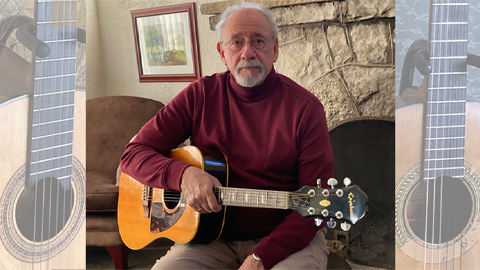
My guitar companion
A scientist takes a musical journey through time and around the world.
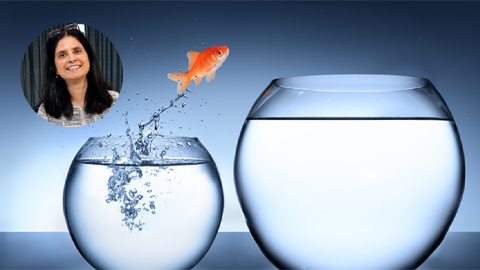
Catalyzing change and redefining purpose
To mark Women’s History Month, Sudha Sharma writes about her journey from focusing on her own research program to being part of a collaborative COVID-19 project.

